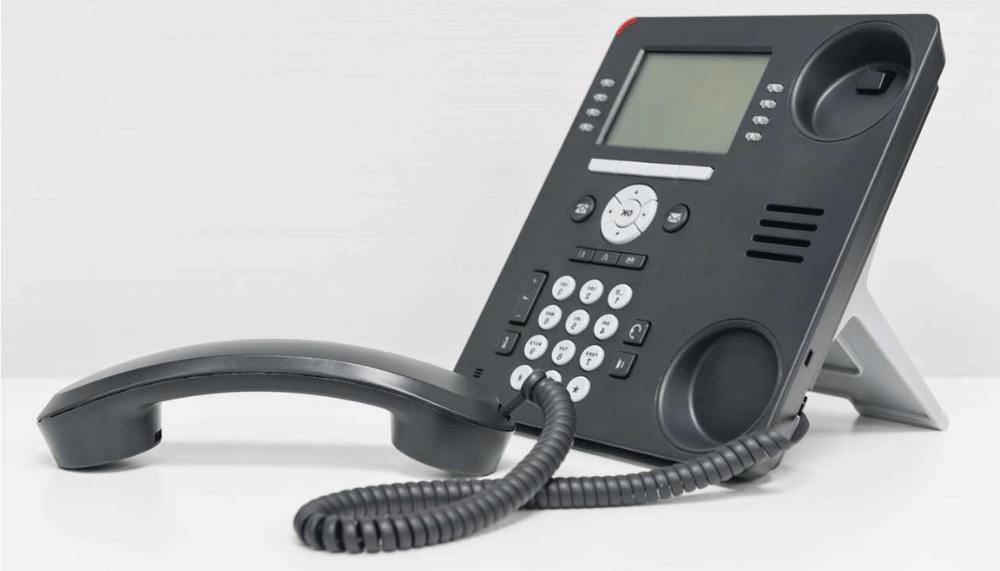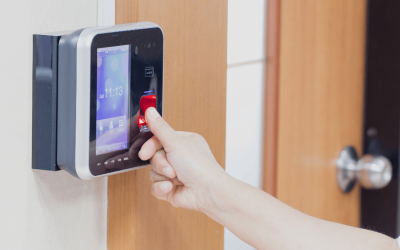Exploring PABX Systems: Features and Functions

What is a PABX System?
Simply put, a PABX, or Private Automatic Branch Exchange, is a private telephone exchange within an organization. Not only will it provide you with neat internal communication, but it will also provide easy access to the public phone network. Think of it like a small telephone exchange serving your business. It efficiently and elegantly handles and routes internal and external calls with equal grace.
Key Features of a PABX System
Recent PABX systems come bundled with the following features to provide you with ample and enhanced productivity associated with communication:
- It helps answer calls and routes the caller to the correct extension or department.
- Calls may be forwarded to another extension or even an external number.
- The call forwarding feature provides the ability to flush or forward the call to some other extension in the system.
- You will get an indication that the call is waiting while you are on another call.
- It is possible to have multi-party conversations through the conference calling feature.
- Voicemail helps with sending and listening to messages during your unavailability.
- Calls are recorded for quality, compliance, or training purposes. Call Analytics: Provides insight into call patterns and performance.
- CRM, email, and a host of other business applications can be integrated for seamless operation.
How Does a PABX System Work?
A PABX system involves hardware and software elements. The hardware includes telephone sets, servers, and network equipment. Software configures routing calls, features, and system administration.
In the case of a call, it sends the call to its destination based on the caller’s input and connects the call to the desired extension/outside line.
Advantages of PABX System
A large number of calls can be made between different parts of the organization without using any external telephone lines, which thereby reduces the cost significantly. PABX system enhances communication within and outside the organization by providing a more organized way of receiving calls and responding to them effectively. The system can be easily scaled up as your business grows. A host of features are available that enable the running of your business.
PABX vs. PBX
Though the terms are used interchangeably, here we see that there is a slight factor that differentiates the two. PBX originated from Private Branch Exchange and referred to the earlier systems that used to have manual operators who connected the calls. The more current PABX stands for Private Automatic Branch Exchange, and as the name suggests, it is automatic and does not expect the hands of operators.
Choosing the right PABX system will depend on a number of factors, like the size and nature of the business, budget, and any special needs. Basic things to consider in regard to this include the number of users, features needed, and growth.
Conclusion
From a small to a large business concern, PABX systems have developed to become some of the most indefensible tools any business could ever invest in. This makes them very valuable as they can improve your communication, increase efficiency, and reduce costs. It will be in your best interest to get a PABX system so you are better placed to make informed decisions about optimizing your business communication. Contact The Node IT for a robust PABX system implementation.







